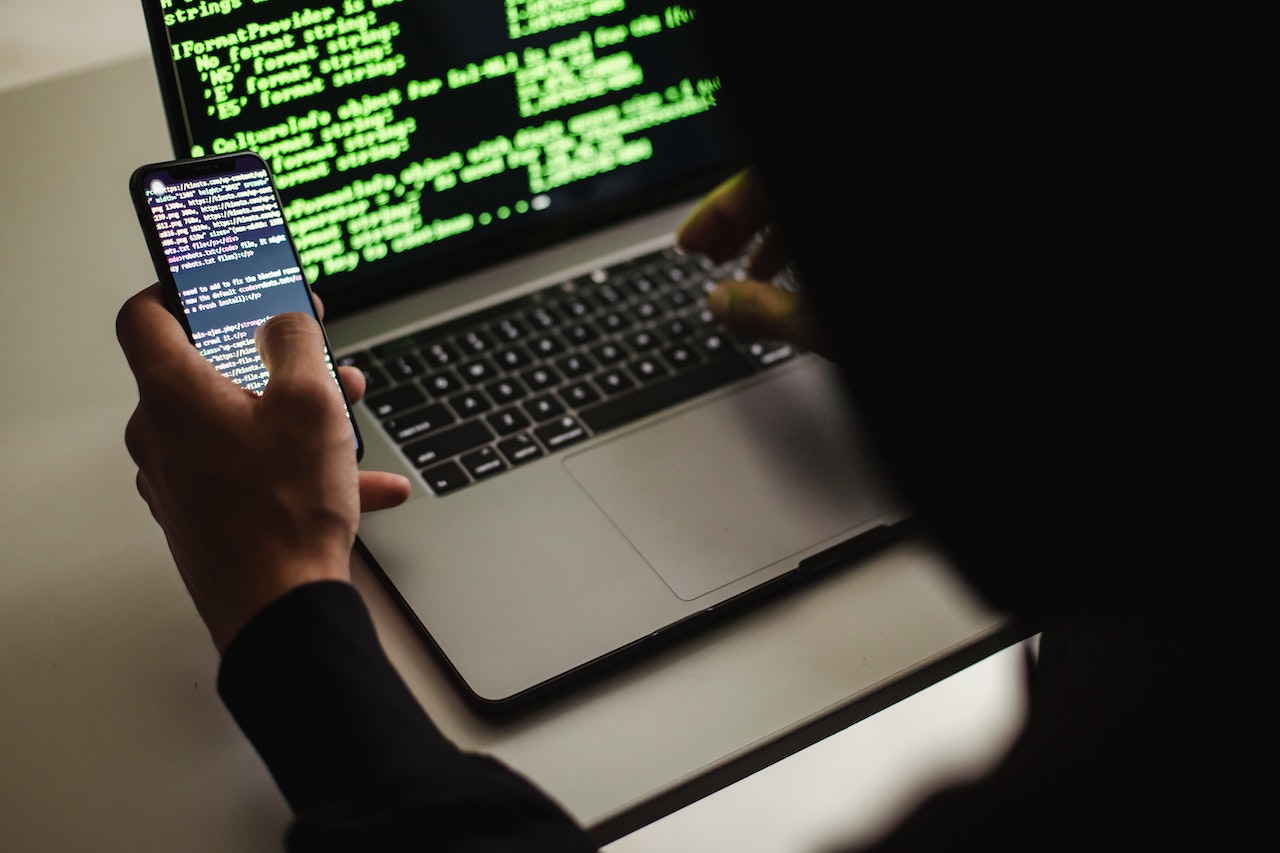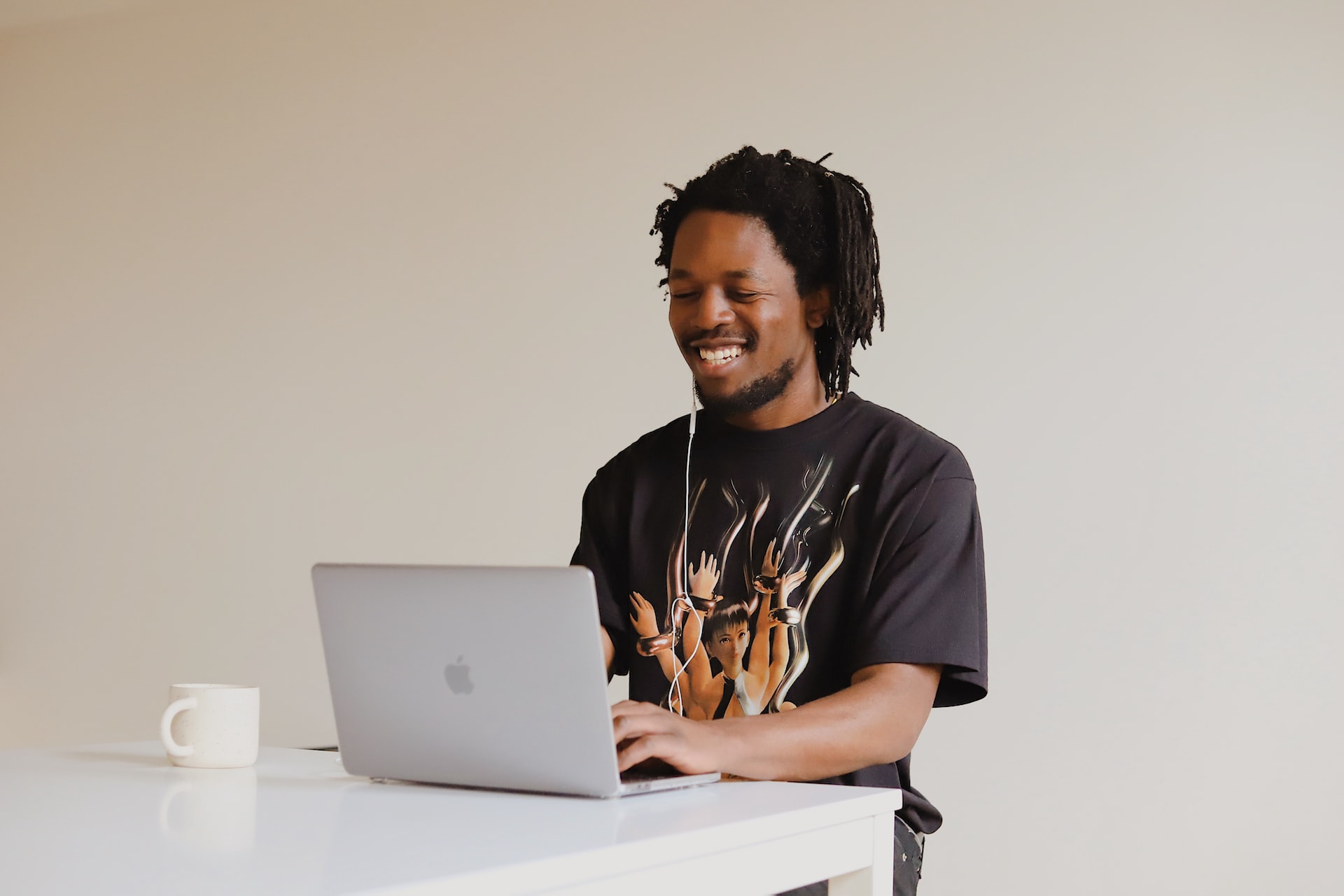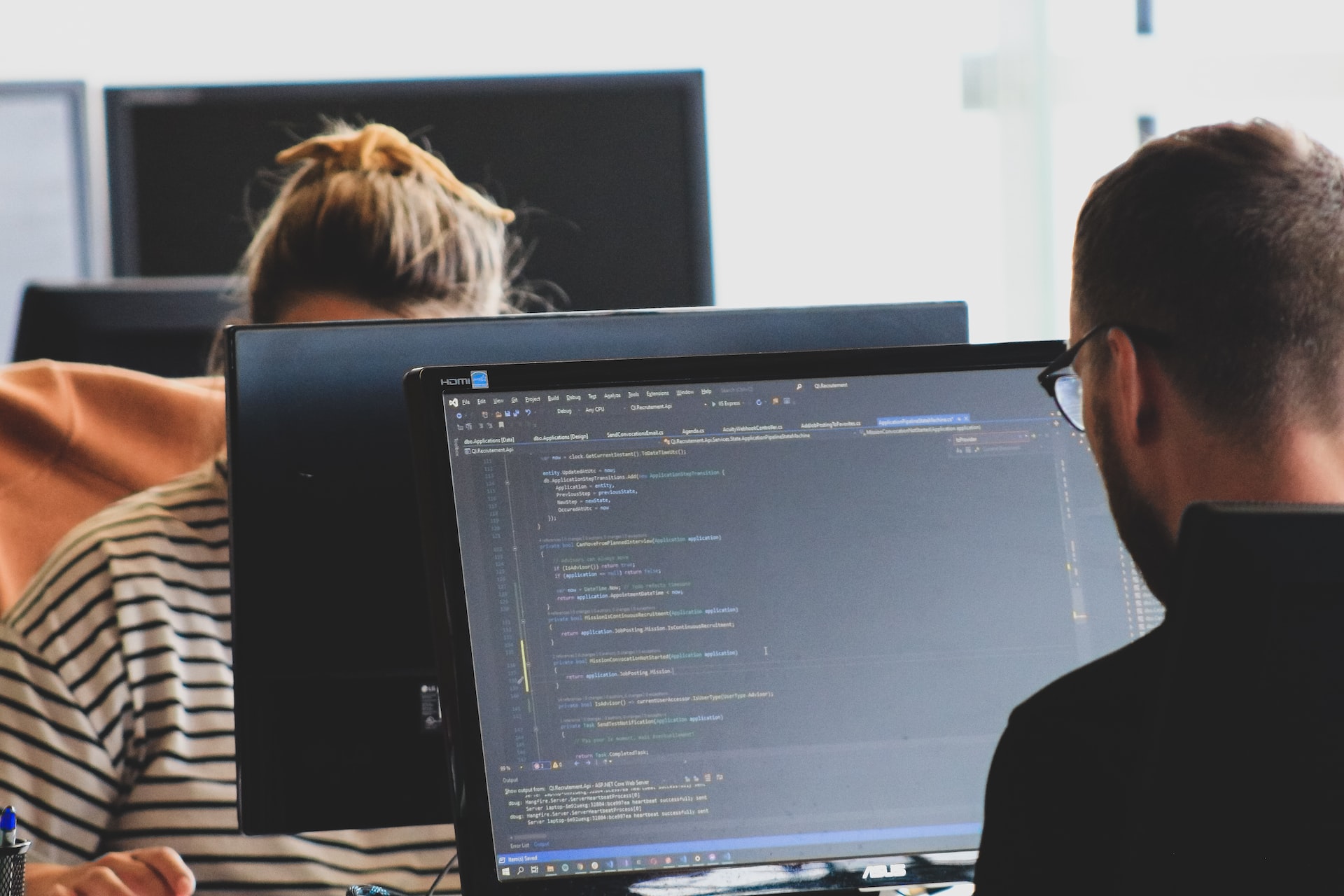Learn Coding Faster With These Proven Strategies
Posted on

Learning how to code is a goal for many people. However, most people don’t want to spend years simply learning the basics. They want to learn how to code quickly so they can start putting their knowledge to use.
To address this need, we looked at several strategies that have proven successful. With these, you can learn to code far more quickly than you would otherwise.
Related: Learning To Code – Languages You Need – 2023!
1. Remember Where You Are
When you’re learning something new, you need to first admit to yourself that you don’t know as much as you think you do. The power of “I don’t know” is real and has plenty of benefits. Learning to code takes a lot of time in the form of gathering new information and figuring out how to put it to use. Plus, even once you have the basics down, there’s always room for improvement. There’s no reason to feel you need to prove yourself to others.
Being honest about where you are in the learning process and reminding yourself how much you still have to learn will make the whole process easier. You’ll be more likely to seek out help and more information. This will make it a much smoother and quick process to make progress with your coding.
2. Focus on Always Improving
Obviously, your goal is to write code that meets the spec. You might be tempted to do that, then quit and move on. But just because your program is done doesn’t mean you should stop there. The first batch of your code can always be better.
You’ll need to define what “better” means to you and this specific project. You might want to make it faster or more reliable. Or maybe instead, you want to focus on reusability or making it easier to document. Each project will have a different goal. But the process of improving even after the first iteration doesn’t.
3. Write Three Iterations
To make the previous step easier, try writing your code three times. Coding can be hard, so it’s likely that you won’t get an outstanding piece of software the first time, anyway. So, these three times allow you to improve on several aspects.
Your first time should be focused on a solution that proves it is possible. Think of it as a proof of concept. Your software should show that you can get the specs to work, but it doesn’t need to be perfect.
The second time, focus on making it work. A few flaws and bugs probably came with your first iteration. It still doesn’t need to be perfect at this stage, but the program should do what you want it to.
Finally, the third time should focus on making it work right. Iron out all the wrinkles. After this stage, users should be able to use it without problems.
Just remember that with each of these iterations, you may need to begin with a different approach. You may need to throw out the first or second versions and restart completely. But this will give you a chance to learn how to approach the problem in different ways. You need to learn this key skill when working on your coding skills.
4. Don’t Try to Prove Yourself Right
When working on different versions, you might be tempted to power forward to prove you are on the right track. But you don’t get better by simply repeating poor behavior and building bad habits.
If you find a problem in your code, it’s okay to give up on it. You don’t need to prove yourself right. In reality, the best programmers actively look for flaws in their code. They will test it to see where it fails and can be improved. After all, it’s better to find these flaws early on rather than having them be found by the user.
Want the support, feedback, and community that comes with learning through a coding bootcamp? Learn more about our bootcamps and how they can help you learn to code in only six months.
5. Read Lots of Code
Reading others’ code is one of the more valuable things you can do to learn to code quickly. You can use code from people you know or from online archives, like the one at Google Code. Reading code allows you to see how others approached and solved a problem. But, it’s important to read code with a lens of learning rather than as simple literature.
To do this, you’ll want to think about a few questions as you go through the code:
- How would you have written that code?
- What did you learn, and how can you apply it?
- How would you improve the code?
You can even try to write some code in the author’s style. This can help you understand where the person was when they wrote it and what they may have been thinking.
When working through others’ code, it’s important to take what you are learning the right way. You don’t want to copy the same approaches in your future programs simply. Examining them and learning how to apply them to a similar yet different problem is much more valuable.

6. Work on Personal Projects
If you’re going through a coding bootcamp or other learning opportunity, you’ll be given projects and assignments to practice what you’re learning. While these and your feedback are crucial, working on other personal projects is also important.
These allow you to practice using tools and technologies you might not otherwise use. You can also use these projects to build your portfolio. Try to seek out a project for a community organization or an open-source project. These can show potential employers that you actively seek new opportunities to learn.
Just make sure that when you look for projects, you don’t only choose easy ones. Having more difficult projects where you might fail will help push you further.
Related: How to Start Coding in 2023, New to Programming?
7. Focus on Techniques
Tools, languages, and methodologies change over the years. But the fundamentals stay the same. By focusing on techniques and the architecture behind programming, you’ll be able to learn frameworks you can continue using even as these things change.
Getting into a rut where you feel like there’s only one correct approach is a sign that you need to adapt your approach. When learning to code, you must always continue to improve and learn more while remaining able to change over time. The best way to do this is to gain a broad background in various languages and frameworks. Then, focus on learning techniques you can adapt to any problem.
8. Collaborate with Others
Listening to what others say can help you learn more than you would otherwise. Feedback from users and other developers can help you see what works and what doesn’t.
If you can, you may even want to find a personal mentor. They can help you learn and strengthen your coding skills. But they could even help you think through career decisions with experience you wouldn’t get otherwise.
Ready to take your learning to the next level so you can get started in your new career? Schedule your interview and join our web programming course!
9. Find Your Niche
Finding a niche in programming can help set you apart from others and make it easier to find a job. You want to have “T-shaped” knowledge, which means understanding the basics of many topics but building expert levels of knowledge in one or more specific areas. For example, you could learn several languages but focus on learning Python.
Doing this lets you focus your learning in a few areas, improving your efficiency compared to spreading yourself over many areas. Once you get the deep knowledge you want in one topic, you can shift your focus to learn even more.

Take the Right Approach and Learn Coding Faster
Having the right focus is important if you want to learn to code faster. By always being open to learning, making mistakes, and improving, you’ll be well on your way toward learning all you can.Related: Is Programming Hard to Learn? What You Need to Know






